Meeting Recap: First Quarterly Working Meeting
The first 2020 Gulf Coast Carbon Collaborative Quarterly Meeting was held virtually on April 8, 2020 with 52 attendees. Following introductory table-setting presentations from BP, The Ohio State University, ExxonMobil, HARC, Entergy, C2ES and the Center for Houston's Future, breakouts were held on three decarbonization strategies: carbon capture, use and storage (split between Texas and Louisiana); electrification; and land-based sequestration. Below are some key outcomes from those breakouts.
Carbon Capture, Utilization & Storage
The Gulf region has a base of governmental support for CCUS and the relevant mix of stakeholders and geology to establish a pilot CCUS project. The working group should begin to define geographic clusters that could be leveraged to create viable projects. A strawman CCUS project will be developed by the working group outlining success conditions, companies involved and high-concentration/high-purity carbon interests, potential education initiatives, and policy support.
Land-Based Sequestration
This working group will look to consolidate reputable resources and establish a method for proper valuation of land-based solutions. Companies will also look to champion internal support from accounting, real estate, and other related teams; and build group education around related federal and state tax benefits.
Electrification
Working group companies agreed to share details on their carbon goals and the work that is under way to achieve them, which will help clarify common interests may lead to joint projects. From this, the Collaborative will look to build a resource to compare GC3 member emission targets to broader industry standards in Gulf Coast Region, and consolidate and share reputable resources for emission-based data and decision-making tools.
Virtual working group meetings will be scheduled with Collaborative members in the coming weeks to advance these steps. If your company is interested in exploring different strategies, techniques and ways we can work together to drive greater carbon reduction in the Gulf Coast region, hit this link to get in touch with our team today.
